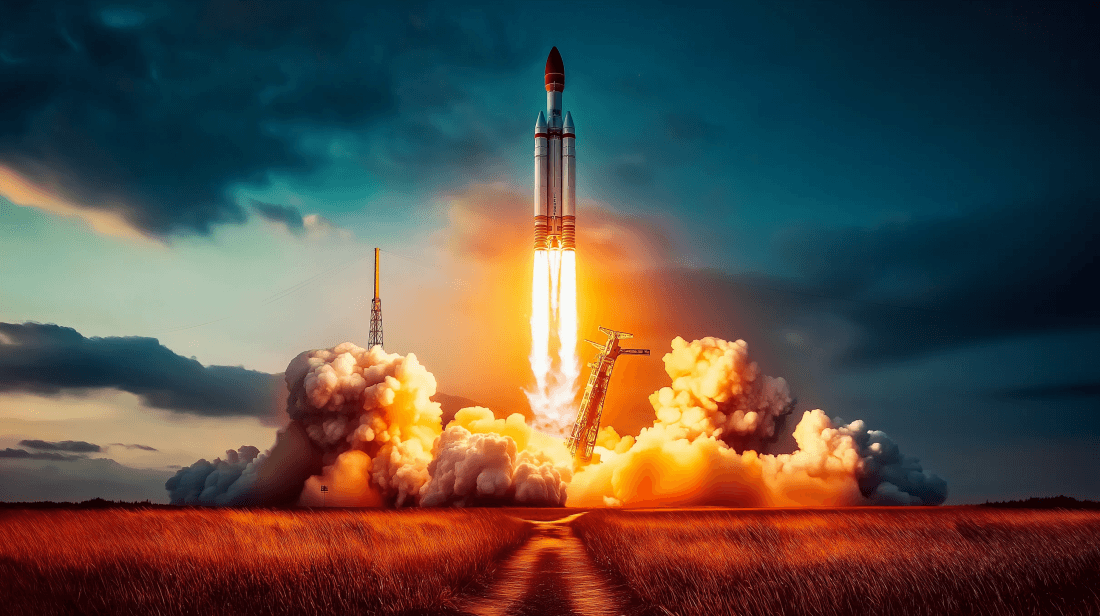
Why Space Exploration is Important for Earth
March 11, 2024 - Revolutionized Team
Revolutionized is reader-supported. When you buy through links on our site, we may earn an affiliate commission. Learn more here.
Space exploration has been saving and improving lives all over the world for decades. In fact, one could even argue that astronomy and planetary science were fundamental in shaping civilization as we know it. The night sky has been used for navigation for millennia and the further humans have ventured into space, the more we have learned about life on Earth – its plants, animals, atmosphere, and people.
When many people think of space exploration, they may imagine astronauts floating around on the ISS or hopping around on the Moon. It can be difficult to see why activity on the ISS, the Moon, Mars, and beyond would be worthwhile for people on Earth. Why should we contribute money to government space programs when there are so many problems we still need to solve on Earth?
The answer is because space exploration has already been helping us solve those problems and spark new innovations and discoveries that are crucial to the modern world.
Invention and Innovation
Many people aren’t aware how many everyday inventions are the result of space exploration. Long before astronauts blast off to leave the atmosphere, hundreds upon hundreds of hours go into developing new technologies designed for the unusual environment of space. From scratch-resistant lenses to solar panels and even artificial limbs, dozens of items that are key to daily life on Earth were invented and developed in space exploration programs.
Some of these inventions came about because NASA and other space agencies were trying to solve unique problems astronauts faced in zero gravity or on the Moon. For example, the insulin pump is the result of equipment designed to monitor astronauts’ vitals in space. This is known as a “spinoff”, an invention originally created for space exploration that was later modified or adapted into a consumer or civilian technology. LASIK eye surgery is another famous example of a space exploration spinoff technology.
Over the past few decades, scientists have invented numerous other remarkable technologies aboard the International Space Station. The ISS is first and foremost a laboratory. Astronauts don’t simply float around for fun on their trips into orbit. Science experiments and research projects are always underway at the ISS. This research has led to the development of some incredible technologies and scientific discoveries that have an impact on life on Earth everyday. Even living aboard the ISS for extended periods of time sparked innovation. For example, NASA developed next-gen water purification systems for the ISS and the technology went on to help improve access to clean water on Earth.
Using Space for Discovery
While the technological inventions sparked by space exploration are amazing, the scientific discoveries are even moreso. Space exploration is responsible for far more than identifying new galaxies millions of lightyears away. Important research and breakthroughs in biology, medicine, physics, and more are the result of space exploration. The ISS is at the heart of these advances, with astronauts contributing to numerous cutting-edge research projects every year.
ISS Medical Research
In fact, space exploration has even helped create life saving medical treatments. For example, in 2018 ISS astronauts tested an advanced new cancer treatment that doctors were unable to test on Earth, as astronaut Serena Auñón-Chancellor explains in a zero-g video. Astronauts have also helped develop medical treatments to fight muscle atrophy and bone loss.
A 2020 experiment used a unique implantable device to grow muscles in mice aboard the ISS (yes, the mice flew into space). The technology researched in this project could change the lives of millions of people on Earth who suffer from muscular conditions. Another project is researching artificial cartilage that could help millions of people with things like knee injuries.
The Unique Environment of Space
These projects are just a few examples of the critical role of space exploration in scientific research and discovery. When scientists are trying to understand how something works, they often subject it to unusual circumstances to see how it responds. The microgravity that astronauts experience in orbit aboard the ISS is an incredibly unique and valuable “unusual circumstance” where scientists can discover new things.
The above mentioned research projects would not have been physically possible on Earth. Taking those experiments to microgravity allowed scientists to study cells, biology, and the human body in ways they otherwise couldn’t have, making discoveries that otherwise would have been inaccessible. There have been dozens of these incredible breakthroughs aboard the ISS over the past few decades.
Satellites
The importance of satellites in the modern world cannot be overstated. Satellites are critical for so many everyday things all over the world. If all of the satellites orbiting Earth right now were to sudden shut off and stop working, we would be in trouble. Satellites help planes navigate, provide Internet access to millions, help first responders save lives, allow us to monitor weather, make Google Maps and GPS possible, and even help us fight climate change.
Without space exploration, there would be no satellites quietly orbiting Earth today and none of these technologies would be possible. What is particularly fascinating about this is that when Roscosmos, the Soviet Space Agency, launched the first satellite into space in 1957, no one could have predicted just how crucial satellites would one day become. People knew that the launch of Sputnik was groundbreaking, but mostly in the context of its sheer mystery – it seemed like the Soviet Union could do virtually anything with this new technology, namely spy on the US.
Without that first step into the stars with an unassuming little satellite, the modern world would look completely different. For example, the convenient maps we have on our phones wouldn’t be possible without the help of satellites. Farmers all over the world rely on satellites for agricultural data that is crucial to supplying the global food supply.
For example, one NASA satellite known as SMAP was launched specifically to monitor water in surface soil on Earth. This data, which NASA makes available worldwide for free, improves weather forecasting, helps predict floods, monitors droughts, tracks energy and carbon cycles, and helps improve crop productivity. The SMAP satellite has a beneficial impact on the whole world, even if we can’t see it right in front of us.
Protecting the Human Species
Finally, space exploration protects and unites the human species. This can be seen on a small scale aboard the ISS. One day, though, not too far in the future, explorers from all over the world will come together to return to the Moon and even set foot on Mars. On a cosmic scale, the survival of the human species relies on us becoming multi-planetary. Back on Earth, learning about our two closest neighbors, Mars and Venus, can help scientists figure out how to keep Earth’s atmosphere and environment healthy for millennia to come.
New Inventions and Discoveries
Remember, as established above, space exploration has always led to incredible new inventions and discoveries that improve life for everyone on Earth. There’s no telling what new innovations could be discovered on expeditions to the Moon and Mars. There is already at least one next-gen space exploration technology that’s having a big impact on Earth: 3D printed construction.
Using 3D printed concrete made from Martian soil, NASA could create durable, permanent structures on Mars using autonomous robots. It’s no surprise that at the same time that this cutting-edge project is underway at NASA, the world’s largest 3D printed neighborhood is also set for completion in Austin, Texas. The increased R&D surrounding 3D printed construction for space exploration could help develop the technology on Earth and end the housing shortage.
A Multi-Planetary Neighborhood
On a grander scale, it is almost certain that humanity will one day colonize the Moon, Mars, and potentially even Venus or one day the moons of Jupiter or Saturn. With humans living on four or more different worlds in our solar system, there would be more resources to go around and less chance of something catastrophic ending human civilization. We could mine resources from asteroids, the Moon, Mars, and even Venus’s atmosphere. For example, all of that gray dust on the Moon can actually be mined for a valuable power source called Helium-3.
Interestingly, Mars and Venus’s atmospheres are both alternate versions of Earth, one too cold and thin and the other too hot and dense. This could potentially help us study and prevent long term climate change. In the distant future, we have even be able to terraform both Mars and Venus to have comfortable, Earth-like surfaces.
Reshaping Minds
Space missions and exploration provide tangible benefits to humanity. Modern medicine and potential Mars communities are a few. However, many ignore how discovering space changes human behavior, which is why space exploration is needed.
The Possibility of Meeting ETs
Technology is advancing on Earth faster than we can compute. Every day, humanity gets closer to sentient AI. The population hardly knows how to grapple with that relationship, just like meeting a being from another world would be unknown territory. Whether or not life comparable to humans exists outside of Earth is one of the most debated topics in the field. Why is it important we consider it, regardless if it’s true? It increases empathy.
How would we interact with interplanetary neighbors? Is our instinct immediate conquering and war, or would we try to collaborate and create art? Engaging in these hypotheticals is essential to understand humanity’s response to life’s big questions. The more self-aware the planet becomes, the more prepared we are when new space discoveries beyond our wildest dreams hit front-page news. One professor implied the 2024 Artemis II mission will make humans reconsider our quality of life on Earth more than it will potentially expand our understanding of space.
Making Diversity Universal
Women, people of color and individuals of other minority backgrounds have faced enough prejudice on Earth. The mentality translated when choosing who to send into space. For decades, it was only Caucasian men. Sending diverse individuals into space is arguably the most touching, transcendent metaphor — showing how humans come together to discover something greater than ourselves.
It is a mission that supersedes ethnicity, income, education and any other demographic. If the Artemis II mission succeeds, the first woman and person of color will hit the moon at the same time, making history. A triumphant space mission is a cause for a united, global celebration, which everyone from every corner of the world can agree on.
Destroying Geocentrism
Only 11% of Americans want NASA to go to the moon urgently. This is a low number, considering how much money and time the organization is investing in the upcoming voyage. Surveyors report that Mars exploration should be a higher priority. Others think all efforts are pointless and a waste of resources. The mentality is harmful because it perpetuates geocentrism. Earth is literally and metaphorically not the center of the universe. Dissolving this assumption requires stepping into the cold unknown.
Why do we need space exploration for Earth? Because it is vital to discover the universe’s origins to understand humanity’s place in it. This seems like an obvious statement at this point, but many think learning about Earth is enough. In more severe circumstances, some people only need to know their community to have an informed view of the world. To be an open-minded, thoughtful, empathetic global citizen, stretching our minds beyond Earth is crucial.
Dealing With Kessler Syndrome
If you’ve never heard of Kessler Syndrome, it considers a future where exploring space would be impossible. Why? Because debris humans shoot into low Earth orbit could make traversing the terrain too dangerous, with objects preventing seamless movement of rockets and the like. Some view this as an inevitability.
Satellites and junk encircle the planet, racing at breakneck speeds that could destroy anything it would encounter. If anything, space exploration helps keep humans safe by cleaning up the accumulated garbage and keeping modern-day essentials, like GPS, functional and operational.
National Security and Strategic Advantage
Space exploration can bolster national security, maintaining an edge in defense operations. The U.S. holds strategic advantages by using satellites to provide comunication, GPS navigation and surveillance. These technologies have become indispensable for today’s military operations and border protection.
However, competition for dominance in space has intensified in recent years, with nations like China and Russia making great strides. Currently, the U.S. operates nearly half of all active satellites, giving it a commanding lead in space-based technology. Yet, reports suggest that China is closing in, with plans to surpass the U.S. in satellite launches and military capabilities by 2030. This growing competition is a compelling reason a strategic advantage is essential — staying ahead increases global stability.
Space is also a contested domain where anti-satellite weapons and cyber threats have introduced new vulnerabilities. Protecting critical assets in orbit has become as crucial as defending terrestrial infrastructure. Initiatives like the U.S. Space Force focus on ensuring continued access to space and safeguarding these systems from adversaries.
Investing in space exploration secures the future. Nations can ensure their security, economic prosperity, and leadership, continuously evolving the geopolitical landscape.
Possibilities for Space Colonization
The idea of humans living and working beyond Earth seems far-fetched, but it could be possible as advancements in space exploration accelerate. In 2022, Space Entertainment Enterprise (SEE) announced plans to build a film production studio and sports arena in orbit. This project could be a hub for commercial and cultural activities, creating a potential for living and working in space.
Public opinion shows a growing belief in space colonization. A recent survey revealed that 56% of Americans think NASA will successfully send humans to Mars by 2040, while close to half believe that within 50 years, some people will permanently live in space.
This optimism is fueled by milestones such as SpaceX’s Starship development and NASA’s Artemis program. Both projects aim to establish a sustained human presence on the Moon and eventually pave the way for Mars missions.
Colonization represents an opportunity to address challenges on Earth. Space habitats could drive innovations in sustainable living, resource management and renewable energy technologies. The harsh conditions of space demand solutions that could benefit life on Earth. While the logistical considerations of colonization remain complex, the idea of humans expanding beyond Earth resonates with humans’ curiosity and drive to explore.
Advancing All of Humanity in the Stars
Space exploration isn’t about traversing the stars just to see what we find. It is about making new discoveries that broaden our understanding of the universe and humanity – our biology, our planet, our future in the solar system. The scientific research conducted for and through space exploration has repeatedly led to life changing innovations for everyone on Earth. By continuing to explore the universe around us, we can advance the entire human civilization, improving lives and expanding horizons for a better future.
Editor’s Note: This article was originally published on May 3, 2022 and was updated on December 31, 2024 to provide readers with more updated information.
Revolutionized is reader-supported. When you buy through links on our site, we may earn an affiliate commission. Learn more here.
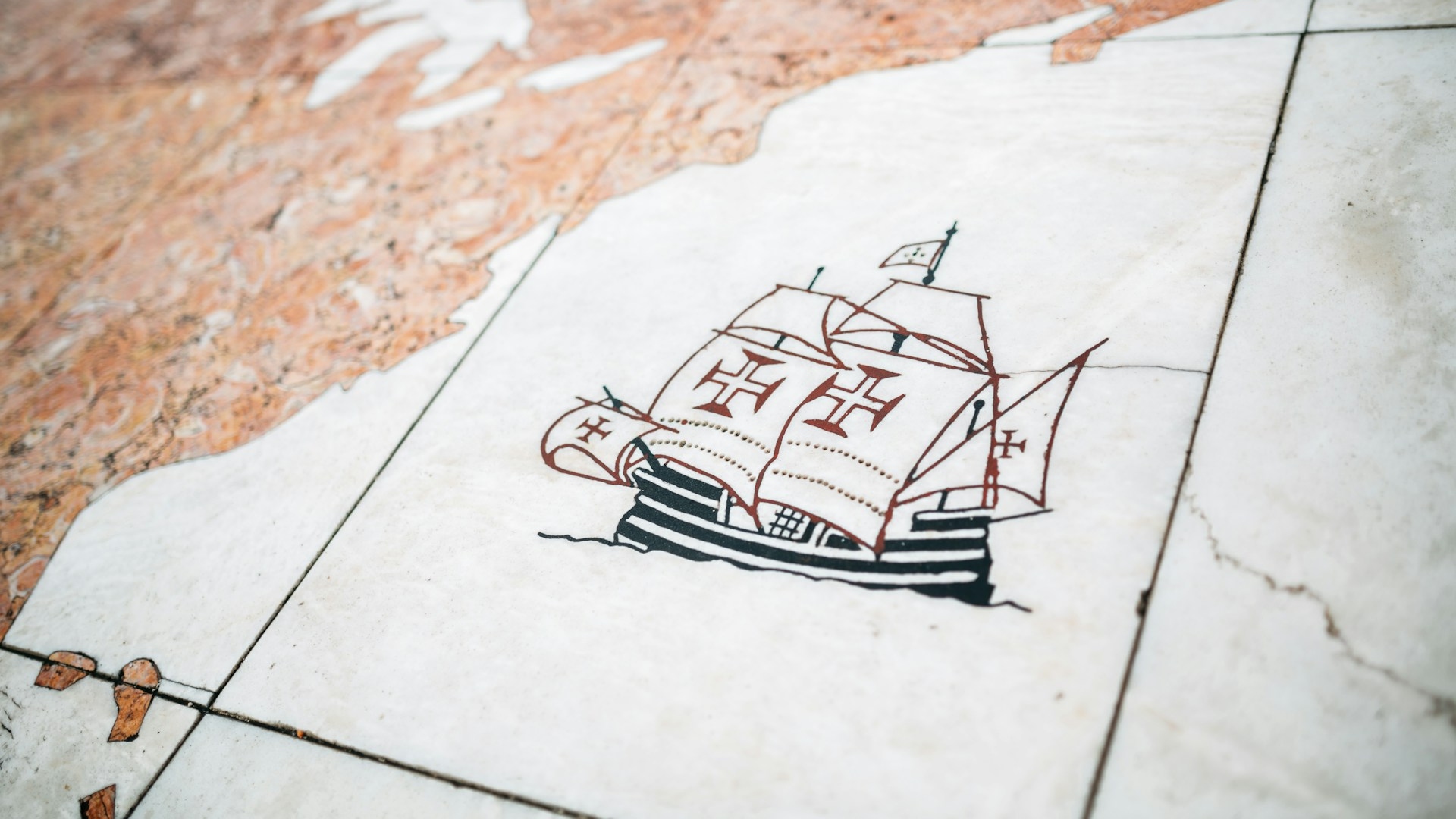
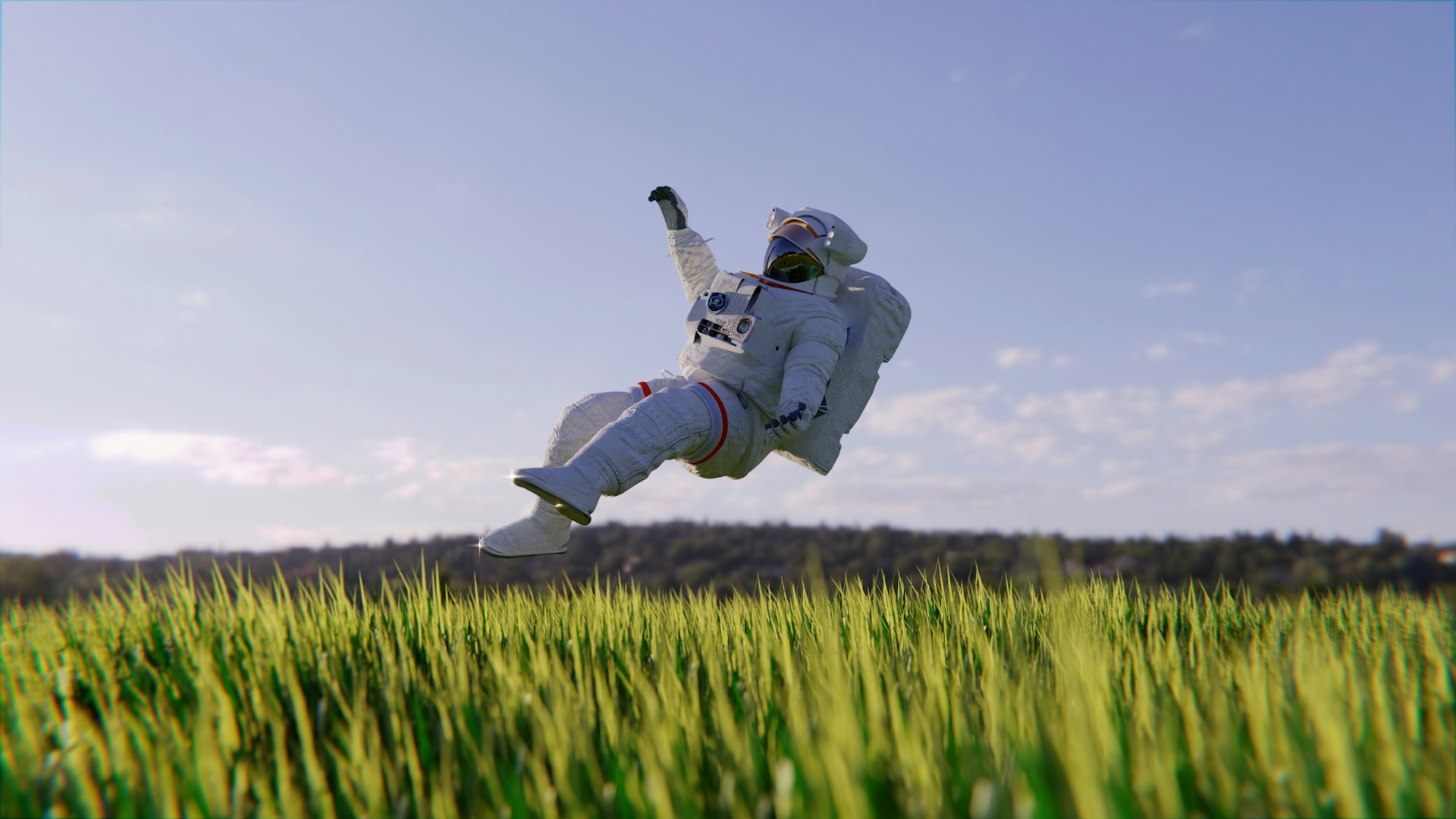

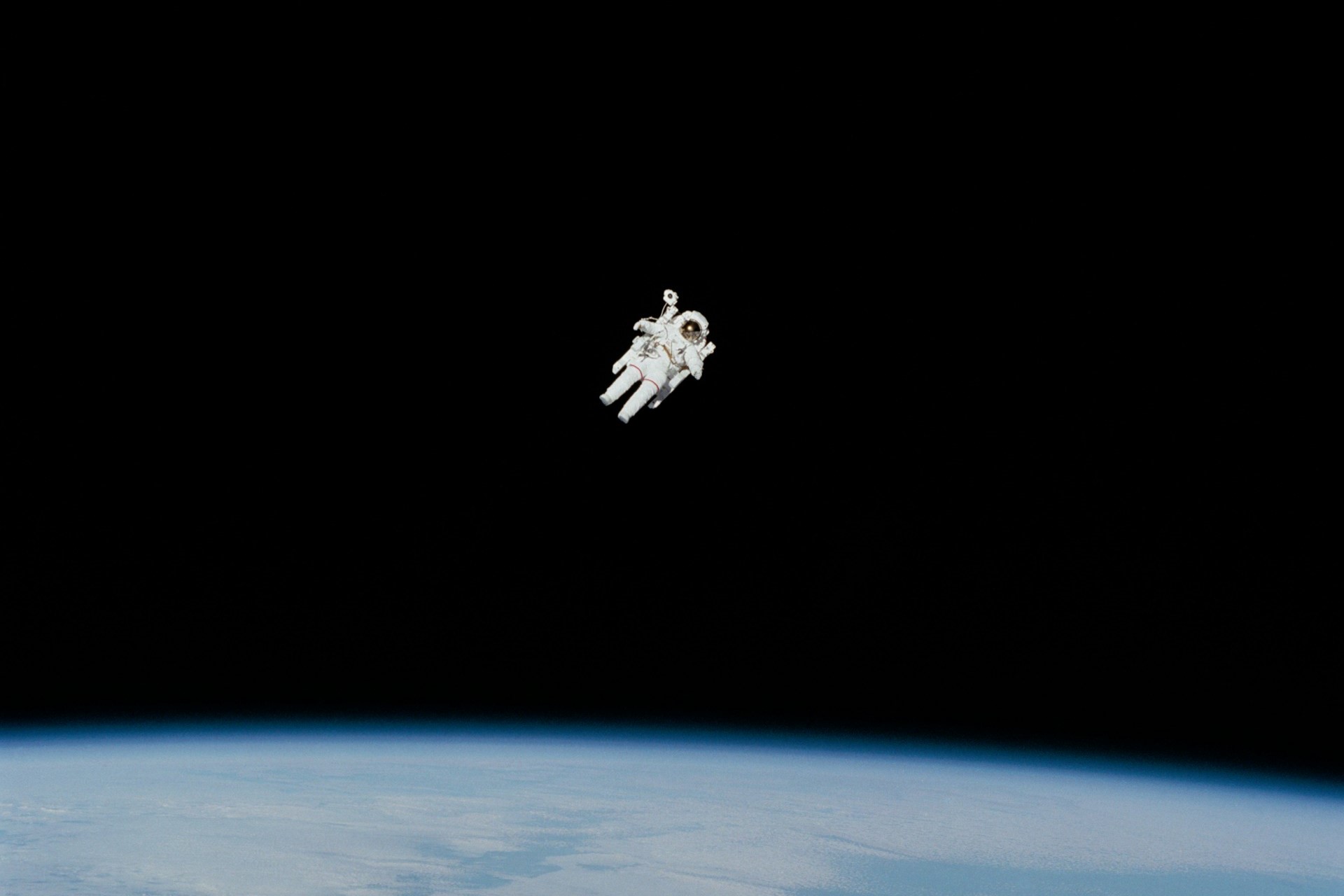
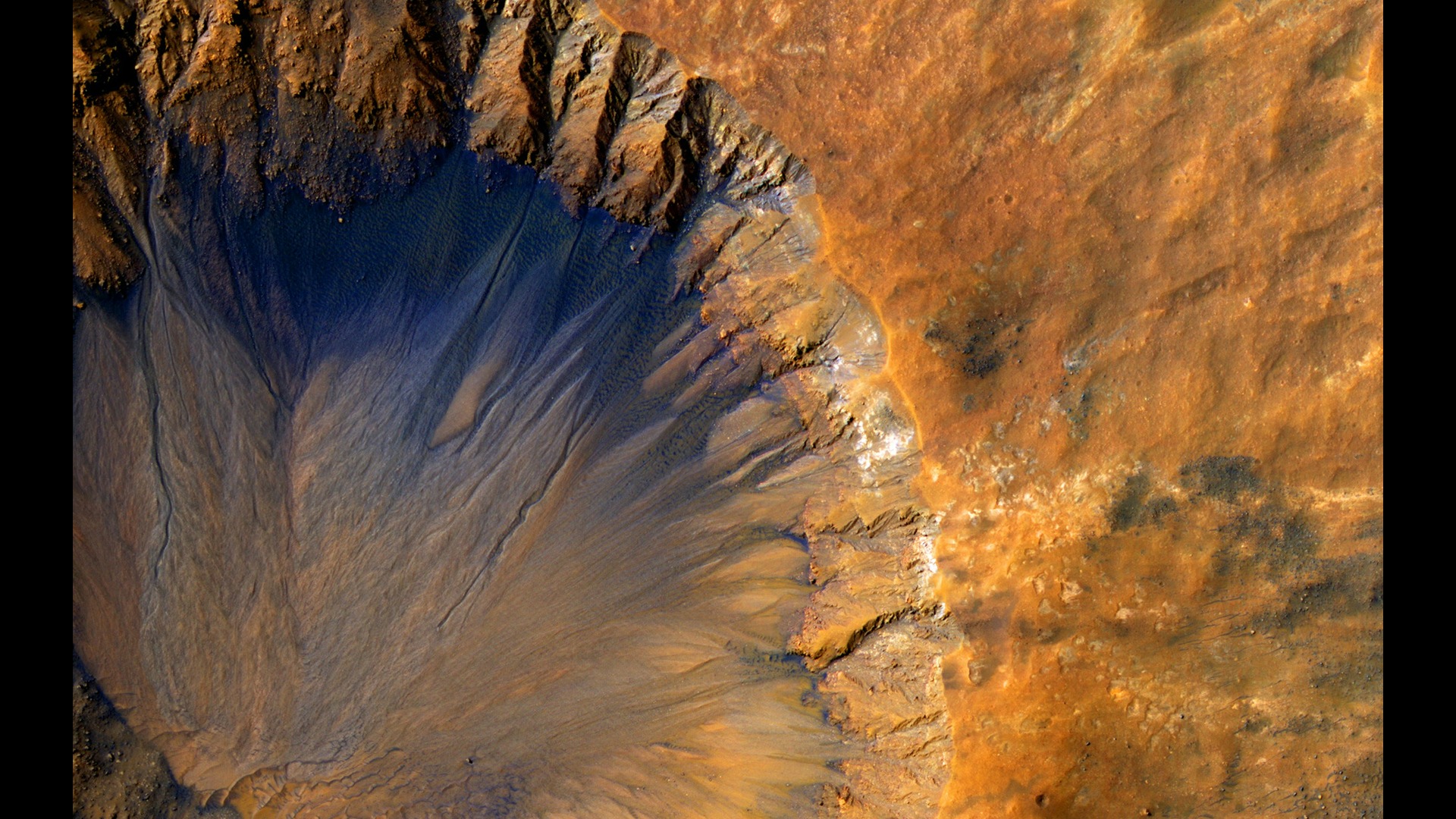
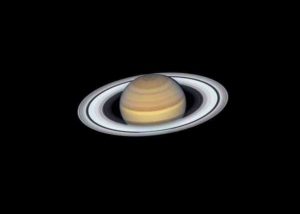
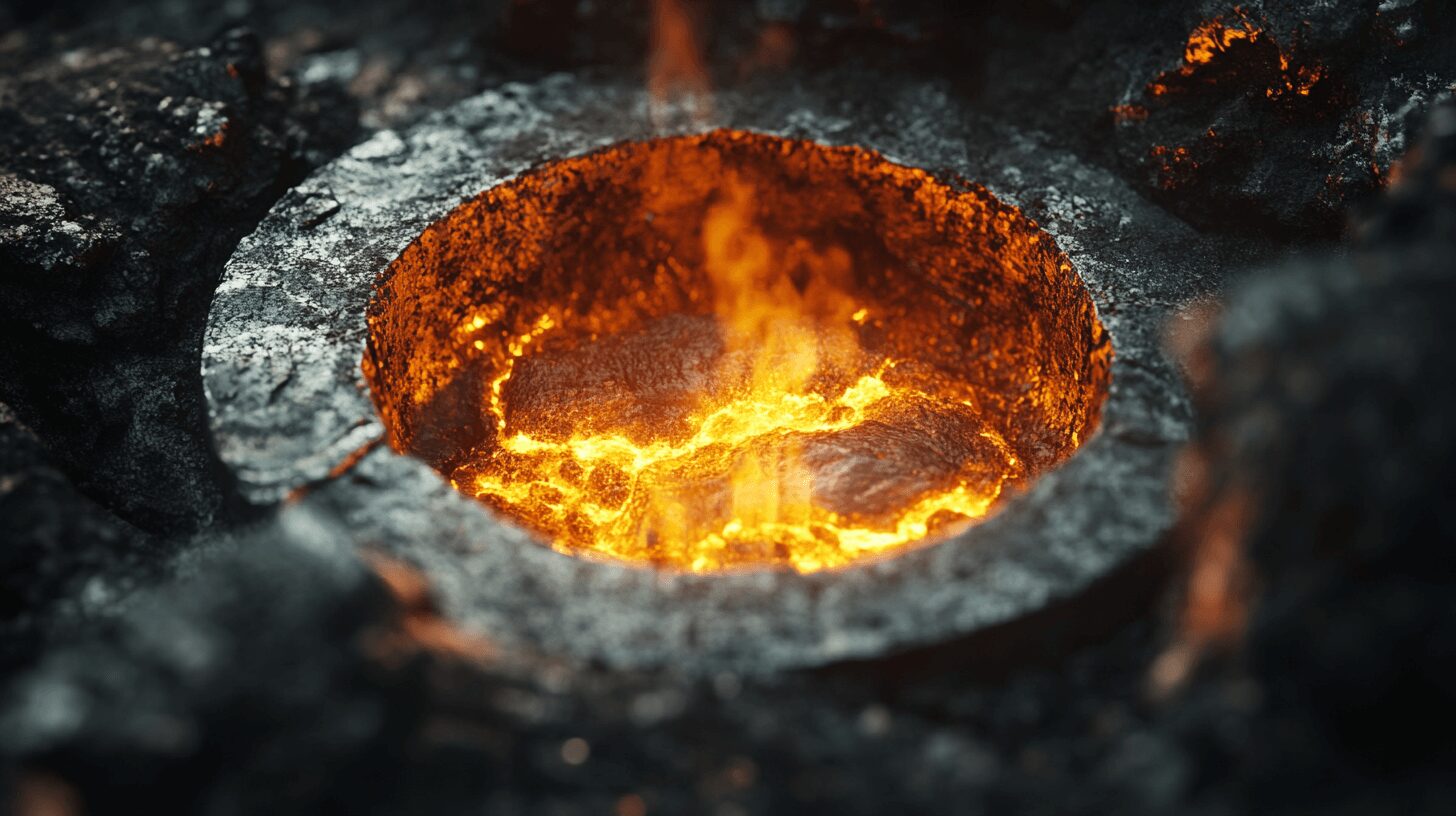

omg ty for helping me with my science essay abt this :heart eyes:
omg i love science and stuff thank you for helping me in my project muchos grascias and i love the things you do thank you for your service xiexie